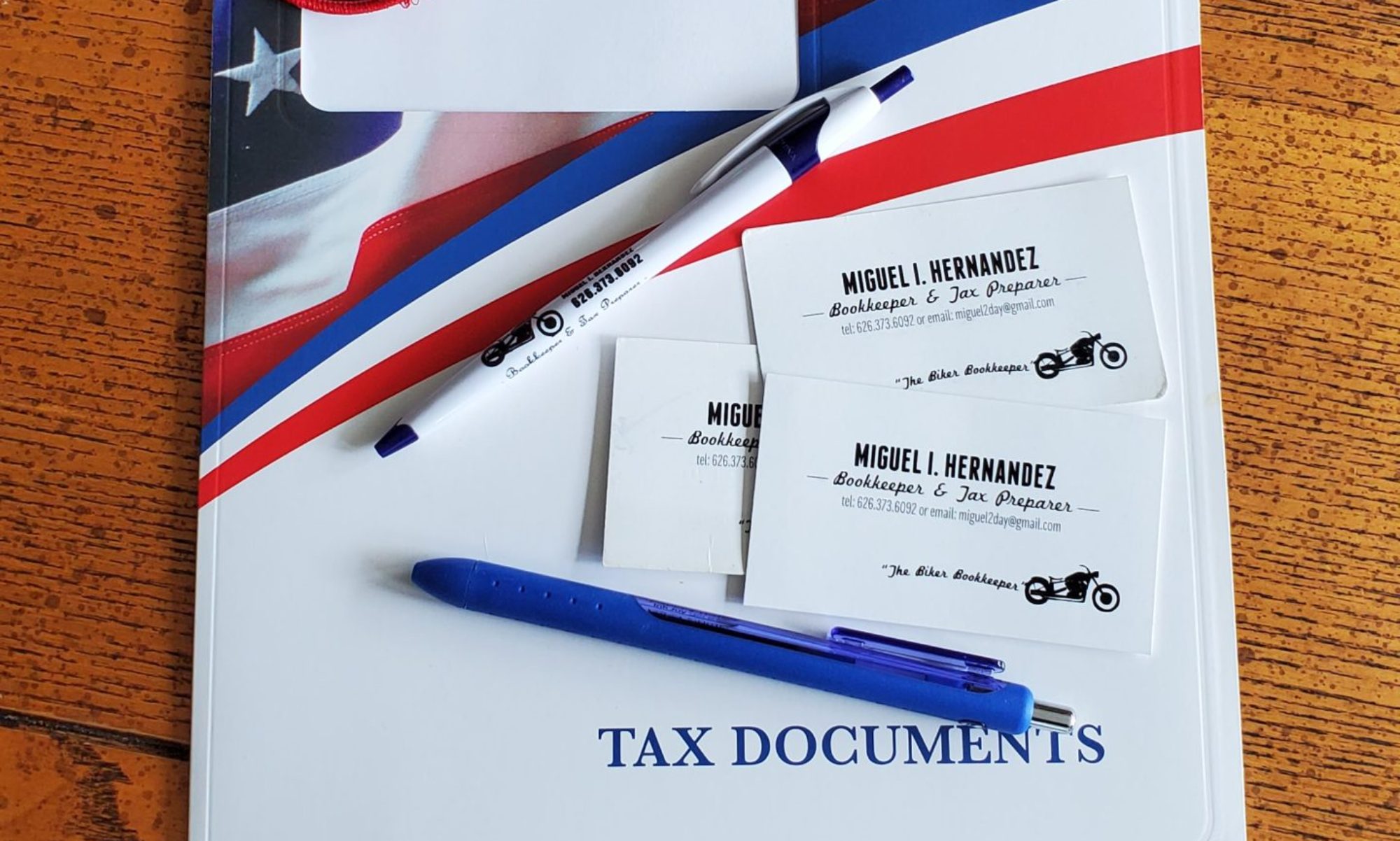The general rule for deducting business expenses are the costs of carrying on a trade or business and are usually deductible if the business is operated to make a profit.
For an expense to qualify as a deduction come tax time, the expense must be both ordinary and necessary.
Qualified Business Expense Test
- Is the expense ordinary and commonly accepted in your industry?
- Is the expense necessary and helpful in operating your trade/business?
An expense does not have to be essential to be considered necessary. Even though an expense may be ordinary and necessary, you may not be allowed to deduct the expense in the year you paid or incurred it. In some cases, you may not be allowed to deduct the expense at all. Therefore, it is important to distinguish business expenses and include them into the following 3 categories.
- Cost of Goods Sold (COGS)
- Capital Expense
- Personal Expense
Learn More about the different type of categories in a different post.
Sign up for our newsletter to get more tax tips and news.

